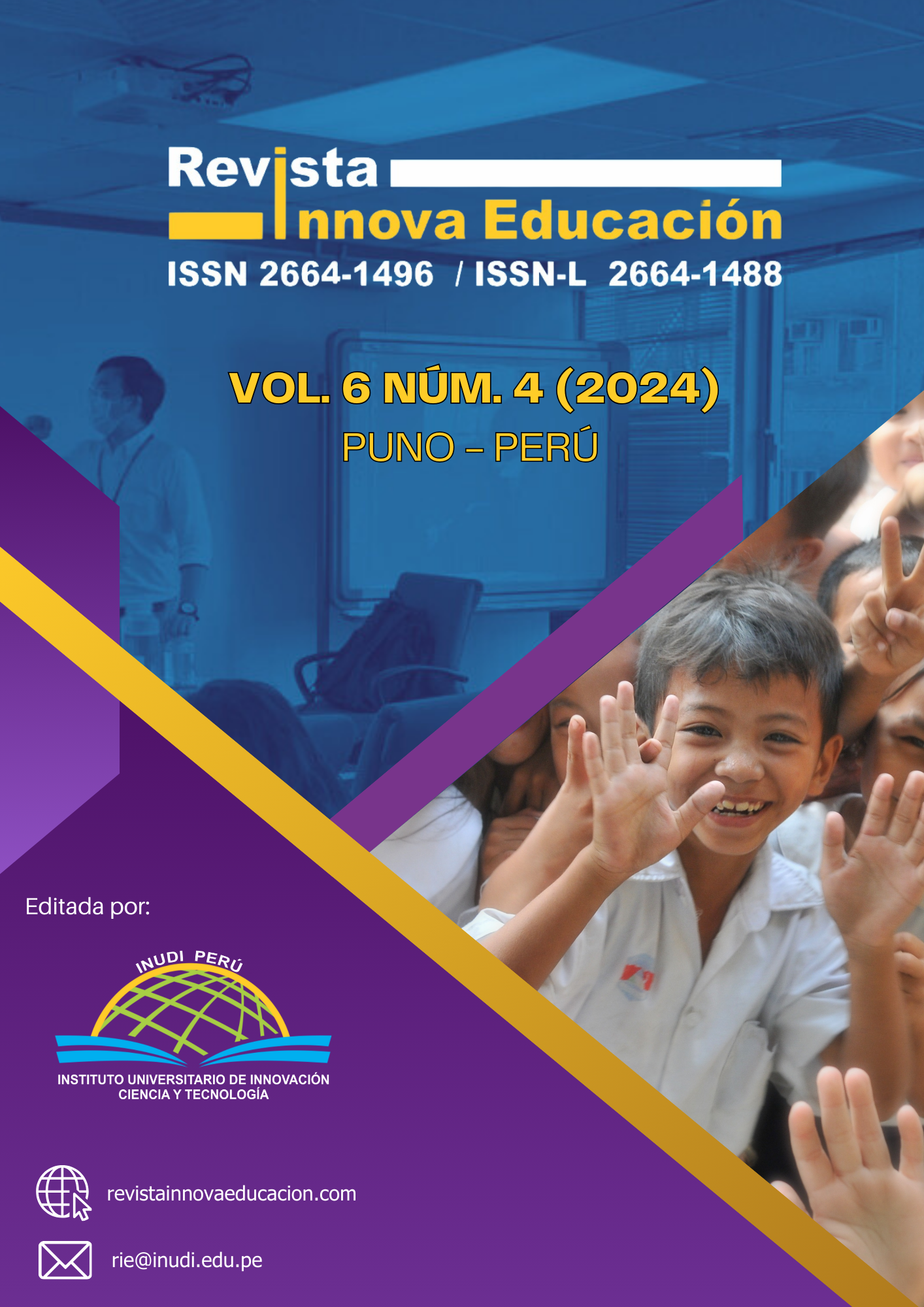Performance, good taste, and knowledge in doctoral education: an analysis of confessional narrative in San Luis Potosí, Mexico
DOI:
https://doi.org/10.35622/j.rie.2024.04.001Keywords:
academic performance, behavior, education, knowledge, transformationAbstract
The study of the conditions and complexities of postgraduate programs is a strategy that contributes to the understanding, development, and continuity of educational offerings in higher education institutions. The postgraduate experience, through narrative, is a symbolic construction that is shaped by knowledge and politics. This performance weaves the fabric of academic good taste as a distinctive feature that legitimizes its graduates. This research is a qualitative-inductive case study that uses the categories of performance, habitus, and experience to outline, from the narrative of graduates of a regional Doctorate in Educational Development program, the symbolic space in education to understand its contribution. The confessional narrative technique is used to obtain discursive portions, processed in a matrix and analyzed with QDA Miner 1.4. The results allow constructing the argument that the doctoral program is a stage that graduates endure, caught between meeting academic expectations and their education. A part of the doctoral student's academic life is dedicated to assimilating academic good taste, a mechanism that enables the reproduction of cultural capital in this space. In this sense, the doctoral program is critical in its didactic strategies and content management in its seminars, but students are not trained to question the set of habituations inherited from the program until they gain an outside perspective. The doctorate shapes its heirs, and after enduring it, transformation is possible.
References
Berger, P., & Luckmann, T. (1968). La construcción social de la realidad. Amorrortu Editores.
Bernstein, B. (1989) Clases, códigos y control. Estudios teóricos para una sociología del lenguaje. Ediciones Akal.
Beuchot, M. (2000). Tratado de hermenéutica analógica. Hacia un nuevo modelo de interpretación (2ª ed.). Editorial Ítaca.
Bourdieu, P., & Passeron, J. (1966). La reproducción: elementos para una teoría del sistema de enseñanza (2ª ed.). Fontamara.
Bourdieu, P., & Passeron, J. C. (1996). La reproducción: Elementos para una teoría del sistema de enseñanza. Editorial Laia.
Bourdieu, P., & Passeron, J. C. (2009). Los herederos. Los estudiantes y la cultura (2ª ed.). Siglo XXI Editores.
Butler, J., (1988). Performative acts and gender constitution: an essay on phenomenology and feminist theory. Theatre Journal, 40(4), 519-531. https://doi.org/10.2307/3207893
Campbell, J. (1949). El héroe de las mil caras. Literatura universal
Díaz-Barriga A., F., Pérez-Rendón, M. M., & Lara Gutiérrez, Y. (2016). Para enseñar ética profesional no basta con una asignatura: Los estudiantes de Psicología reportan incidentes críticos en aulas y escenarios reales. Revista Iberoamericana de educación superior, 7(18), 42-58. https://www.redalyc.org/articulo.oa?id=299143567003
García-Gil, D., & Cremades-Andreu, R. (2019). " Flipped classroom" en educación superior. Un estudio a través de relatos de alumnos. Revista mexicana de investigación educativa, 24(80), 101-123.
Gibbs, G. R. (2012). El análisis de datos cualitativos en la investigación cualitativa. Morata.
Goffman, E. (2001). La presentación de la persona en la vida cotidiana (1ª ed.). Amorrortu editores.
Lagos San Martín, N. G., Espinoza Pastén, L., Garay Alemany, V. V., & Betancourt Gallegos, K. (2024). Percepción de experiencias de vida universitaria del estudiantado de educación superior con TDAH. Cuadernos de Investigación Educativa, 15(1), 1-17. https://doi.org/10.18861/cied.2024.15.1.3608
Larrosa, J. (2006). Algunas notas sobre la experiencia y sus lenguajes. Estudios filosóficos, 55(160), 467-480. https://estudiosfilosoficos.dominicos.org/ojs/article/view/1010
Larrosa, J. (2009). Experiencia y alteridad en educación en C. Skilar, J. Larrosa (Eds.), Experiencia y alteridad en educación (págs. 13-44). Homo sapiens Ediciones.
Maffesoli, M. (2004). El nomadismo: vagabundeos iniciáticos (1ª ed.). Fondo de cultura económica.
Peplo, F. (2014). El concepto de performance según Erving Goffman y Judith Butler. Editorial del Centro de Estudios Avanzados.
Ricoeur, P. (2008). Tiempo y narración, II. Configuración del tiempo en el relato de la ficción (5ª ed.). Siglo XXI Editores.
Schechner, R. (2000). Performance. Teoría y prácticas interculturales. Universidad de Buenos Aires.
Turner, V. (1988). El proceso ritual. Taurus.
Downloads
Published
Issue
Section
License
Copyright (c) 2024 Rafael Culebro-Tello (Autor/a)

This work is licensed under a Creative Commons Attribution 4.0 International License.



























